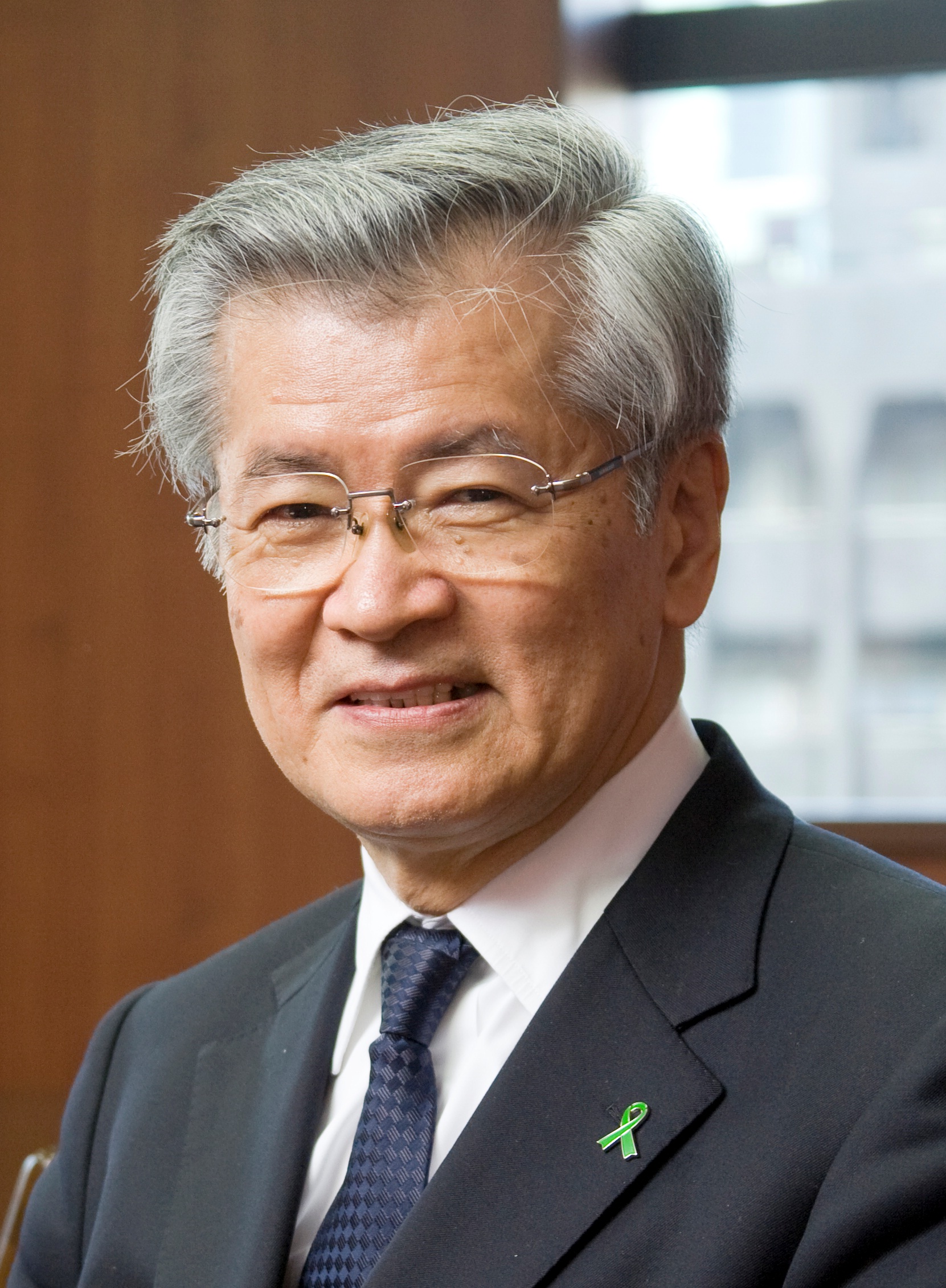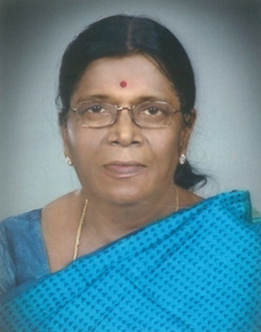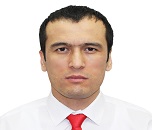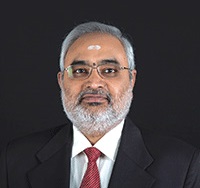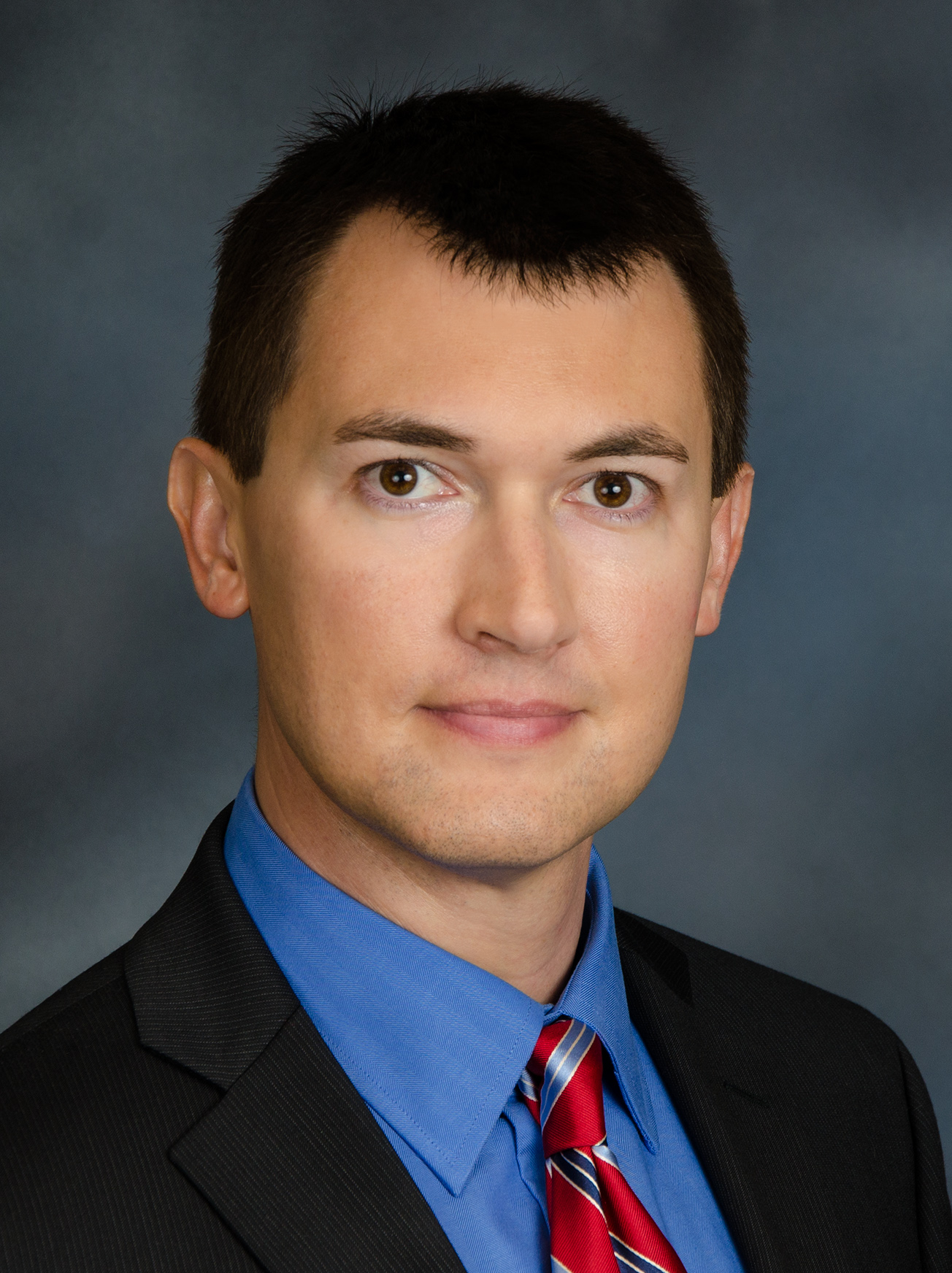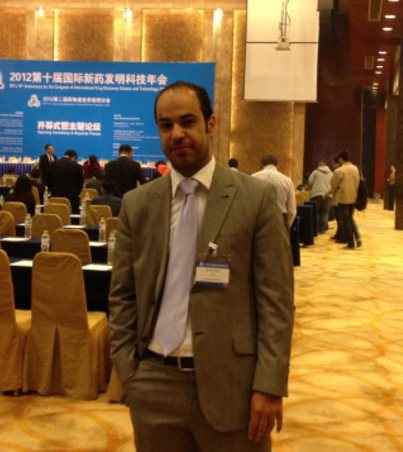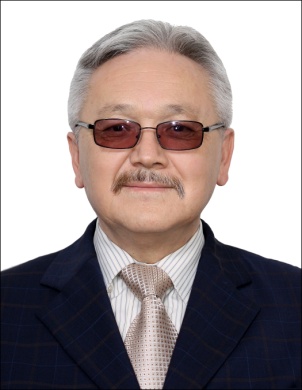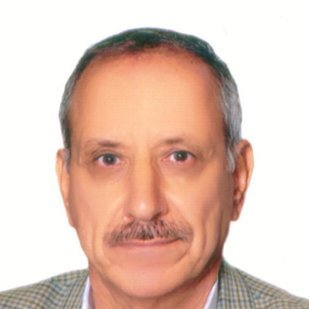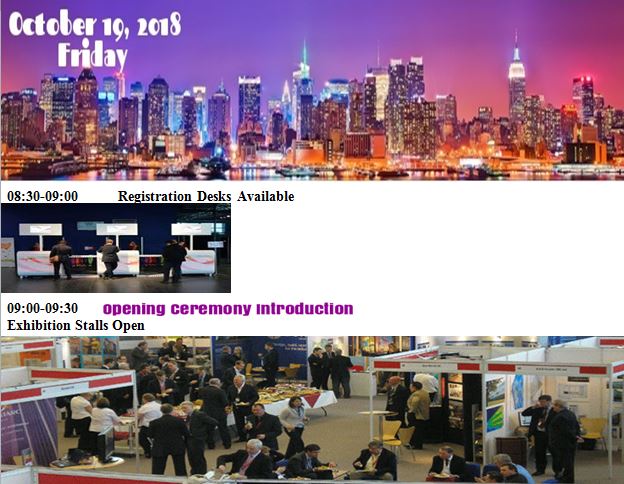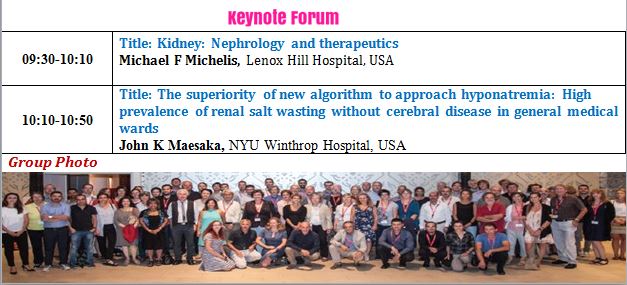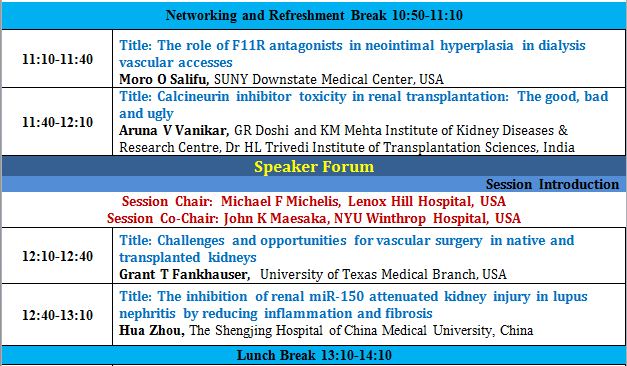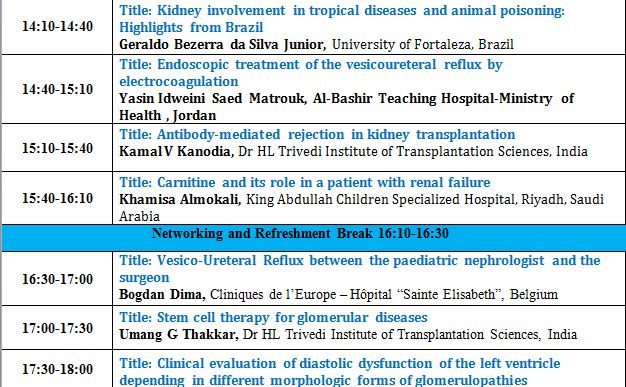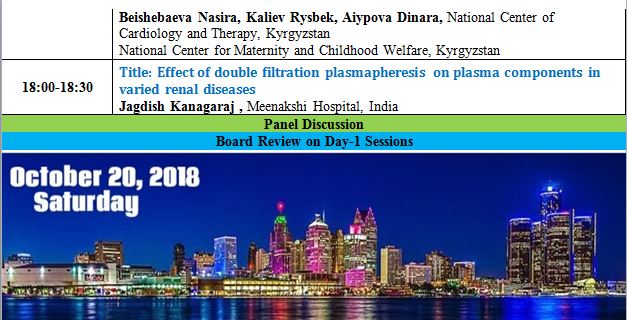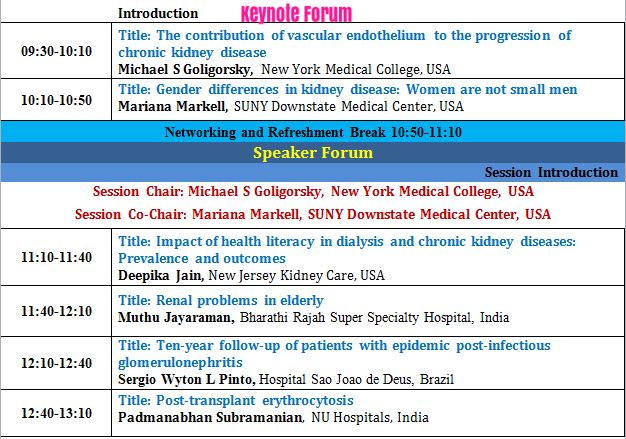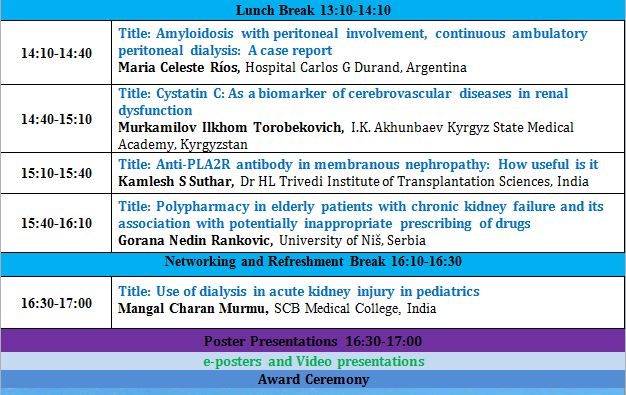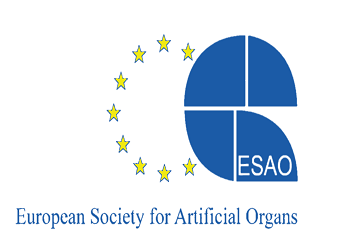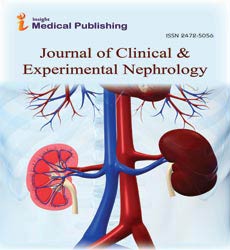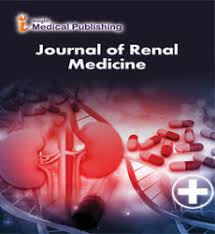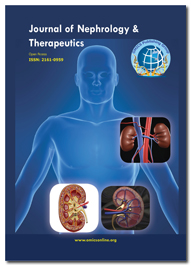
Nephrology Conferences,Nephrology Meetings,Nephrology Events,Nephrology Workshops,Nephrology Symposiums,Nephrology Conferences 2018,Nephrology Conferences 2018,Nephrology Conferences USA,Nephrology Conferences Australia,Nephrology Conferences UAE,Nephrology Conferences Italy,Nephrology Conferences Japan,Nephrology Conferences South Korea,Nephrology Conferences China,Nephrology Conferences France,Nephrology Conferences India,Nephrology Conferences Poland,Nephrology Conferences Spain,Nephrology Conferences Germany,Nephrology Conferences Brazil,Nephrology Conferences Austria,Nephrology Conferences Malaysia,Nephrology Conferences Turkey,Nephrology Conferences Finland,Nephrology Conferences New Zealand,Nephrology Conferences Ukraine,Nephrology Conferences Philippines,Nephrology Conferences UK,Nephrology Conferences Canada,Nephrology Conferences South Africa,Nephrology Conferences Switzerland,Nephrology Conferences Denmark,Nephrology Conferences Mexico,Nephrology Conferences Netherlands,Nephrology Conferences Norway,Nephrology Conferences Singapore,Nephrology Conferences,Kidney Conferences, Renal Conferences, Kidney meetings, Kidney symposia, Nephrology symposia, Renal symposia, Nephrology Meetings
Nephrology conferences In 2018 USA
Theme: Exploring New Innovations and Frontiers in Dialysis & Kidney Care
Nephrology 2018
It is with great pleasure that we invite you to join the 16th International Conference on Nephrology & Therapeutics, which will take place from October 19-20, 2018 in New York, USA. Nephrology 2018 highlights the theme “Exploring New Innovations and Frontiers in Dialysis & Kidney Care” which includes special keynote presentations, plenary speaker sessions, young researcher forum, poster presentations, kidney symposia, Nephrology workshops and exhibitions.
|
Conference Name |
Place |
Date |
|
New York City, New York, USA |
Oct19-20, 2018 |
Both 16th International Conference on Nephrology & Therapeutics (October 19-20, 2018 in New York, USA) and 3rd Annual Kidney Congress (October 19-20, 2018 in New York, USA) are merged. In order to intensify the scientific arena, the organization has come to a decision of integrating both conferences
Program
Scientific Sessions
The scientific committee preparing the program with great care to provide a world-class scientific program to make this event again a memorable one by complementing up to date research sessions with diverse educational symposia and a galaxy of eminent national and international speakers will participate. We have collaborations and partnerships with various organizations.
Major scientific tracks:
Key Reasons to attend
Receive certificate from international organizing committee members, Network with others in your field or areas of interest, Present your own original work to key international opinion leaders, Participate in practical, clinic-friendly workshops on nephrology, dialysis, transplantation, nutrition & more.
Who Should Attend?
Nephrologists, Cardiologists, Diabetologists, Dieticians, Urologists, Family Physicians, Internists, Medical Students, Nurses, Pathologists, Surgeons, Medical Universities, Dialysis Centers, Pharmaceutical Companies, Associations and Societies.
Track 1: Dialysis
Dialysis is the process by which an artificially engineered apparatus filters and purifies blood, thus substituting the function of kidneys in patients with kidney impairment disorders. Impaired functioning of the kidneys leads to accumulation of excess water, impurities and waste products inside the body. Dialysis is generally preferred when kidneys fail to perform its normal function. Acute kidney injury and chronic kidney diseases lead to dialysis. Dialysis removes the waste products, excess salts and other impurities from the blood that are accumulated due to the improper functioning of renal system. Dialysis is of two types: peritoneal dialysis and hemodialysis.
Related Nephrology Conferences: Midwest Transplant Symposium 2017, September 08-10, 2017 Saint Louis, MO, United State; Abdominal Ultrasound September 11-15, 2017 Houston, TX, United States; Nephrology Conferences Council on Hypertension Scientific Sessions 2017 September 13-16, 2017 San Francisco, CA, United States; American Society of Hypertension Joint Scientific Sessions 2017 September 14-17, 2017 San Francisco, CA, United States.
Related Nephrology Societies: American Association of Kidney Patients, American Nephrology Nurses Association, American Nephrology Nurses Association, The Japanese Nephrology Association
Track 2: Acute Kidney Injury
Acute renal failure (ARF), previously called acute kidney injury (AKI), is a sudden and unexpected loss of kidney function which may develop within a week. Acute renal failure (formerly known as acute kidney injury) is a disease distinguished by the acute loss of the kidney's eliminatory function and is commonly diagnosed through the accumulation of urea and creatinine or reduced urine output, or both. Acute kidney injury may lead to a number of kidney problems, including high potassium levels, metabolic acidosis, changes in body fluid balance, uremia, and also affects other body system ultimately leading to death. Patients who have experienced acute kidney injury may have high potential of suffering from chronic kidney disease in their future. Controlling measures include treatment of the root cause and supportive care, such as kidney transplantation.
Related Nephrology Conferences: American Society of Nephrology (ASN) Board Review, July 29 - August 03, 2017 Chicago, IL, United States; Nephrology Conferences Intensive Review of Nephrology, August 14-18, 2017 Boston, MA, United States; 2nd Annual Kidney Congress August 28-30, 2017 Philadelphia, PA, United States; Nephrology Symposiums 15th International Conference on Nephrology & Therapeutics August 28-30, 2017 Philadelphia, PA, United States
Related Nephrology Societies: Acute Kidney Injury Network, Albanian Society of Nephrology, Algerian Society of Nephrology, Dialysis and Transplantation, The International Society of Nephrology Gateway
Track 3: Chronic Kidney Disease
End-stage renal disease also termed as chronic kidney diseases (CKD) comprise of conditions that damage kidneys and impair their ability to maintain hygiene by abnormality in functions. Such conditions make kidney disease worse; wastes can accumulate to high levels in patient blood and make them feel sick. Issues like anaemia, high blood pressure, weak bones, nerve damage and poor nutritional health. Also, kidney disease elevates the risk of having coronary disease and heart problems. These problems may occur gradually over a long period of time. Diabetes and high blood pressure are the two main causes of chronic kidney disease.
Related Nephrology Conferences: Annual Pediatric Urology and Nephrology Care Conference 2017 September 22, 2017 Aurora, CO, United States; Nephrology Conferences Inaugural Jefferson Renal Update Symposium September 23, 2017 Philadelphia, PA, United States; Nephrology Symposiums 2018 4th Annual Nephritic Syndrome Symposium: Focus on Evidence-Based and Personalized Approach September 28, 2017, Pittsburgh, PA, United States; Renal Meetings CRRT Academy September 28-29, 2017, Birmingham, AL, United States.
Related Nephrology Societies: American Society of Hypertension, American Society of Nephrology, American Society of Transplantation, The National Kidney Foundation
Track 4: Kidney Transplantation
Kidney Transplantation is the mechanism of surgical implantation of a kidney from the external which assumes control over the function of purification of blood by performing surgery in patients with kidney failure. It is delegated either by living contributor transplantation or perished benefactor transplantation on the wellspring of organ of the giver. Kidney transplantation is the decision of treatment when kidneys fall flat alongside haemodialysis and peritoneal dialysis. Kidney transplants are categorized into two types: those that are carried out from contribution by living contributors and those which occur from inconsequential givers (non-living donors). Kidney transplant would be possible for patients who: could withstand the impacts of surgery, the effects of immunosuppressant pharmaceuticals,, medicines after transplantation. It is possible to give a kidney while you are alive and lead a completely normal healthy life on the grounds that only one kidney is needed to survive.
Related Nephrology Conferences: 4th Annual Current Issues in the Care of Dialysis and Transplant Patients 2017 October 07, 2017, Washington, D.C., United States; Nephrology Conferences State of the Art: Kidney and Pancreas Transplantation October 19, 2017, Troy, MI, United States; Nephrology Workshops 5th Annual Hypertension: Renal Meetings Clinical Challenges in Treatment Conference, October 20, 2017 | New York, NY, United States; Renal Symposiums American Society of Nephrology Kidney Week 2017, October 31 - November 05, 2017 | New Orleans, LA, United States Renal Meetings 2018.
Related Nephrology Societies: Arab Society of Nephrology and Renal Transplantation, ASN Foundation for Kidney Research, Australian and New Zealand Society of Nephrology, The Renal Association (UK)
Track 5: Hemodialysis
Hemodialysis is a process used to filter and purify the blood with a man- made membrane called dialyzer. It is one of the most widely used renal replacement therapy. In this process an artificial kidney (hemodialyzer) is used to filter salts and waste products from the blood. Hemodialysis is for three to five hours and three times per week is sufficient. However hemodialysis treatment may be available in more frequent and shorter sessions.
Related Nephrology Conferences: Controversies in Dialysis Access November 08-10, 2017 San Diego, CA, United States; Kidney Conferences 2017 Onco-Nephrology Symposium December 01, 2017, New York, NY, United States; Nephrology Conferences 17th Annual Conference on Nephrology, December 04-05, 2017 Dallas, TX, United States; Nephrology Workshops 2018 Abdominal Ultrasound, December 11-15, 2017 Houston, TX, United States Renal Events 2018.
Related Nephrology Societies: Austrian Society of Nephrology, Belgian Society of Nephrology, British Association for Pediatric Nephrology, The Transplantation Society
Track 6: Peritoneal Dialysis
Peritoneal dialysis is the renal replacement therapy used to filter out waste products and purify blood. Peritoneal dialysis needs a surgical incision at the bottom of the abdomen. Peritoneal dialysis uses the membrane of peritoneum to filter blood instead of man-made membrane or machine. As the peritoneum contains numerous blood vessels like kidney so it mimics the function of kidneys. Peritoneal dialysis need to be done more frequently than hemodialysis. Peritoneal dialysis need a solution called dialysate used to carry out the dialysis process.
Related Nephrology Conferences: 7th Annual Glomerular Disease, February 02, 2018, New York, NY, United States; Nephrology Congress 2018 Cutting Edge of Transplantation, February 08-10, 2018, Phoenix, AZ, United States; Nephrology Conferences 16th Annual Mayo Clinic Update in Nephrology and Transplantation, February 23-24, 2018, Amelia Island, FL, United States; Kidney Conferences American Transplant Congress June 02-06, 2018, Seattle, WA, United States Renal Events.
Related Nephrology Societies: British Association of Pediatric Nephrology, British Renal Society, Budapest Nephrology Association, Turkey Nephrology Society
Track 7: Home Dialysis
Patients who are unable to visit dialysis centre frequently for renal replacement therapy can do their own dialysis at home. For home dialysis patient or supporting person should learn some basic things for this as they have to place needles themselves. Patient should be willing to take the responsibility for own treatment. Different types of home hemodialysis treatments are available.
Related Nephrology Conferences: 13th Annual Conference on Nephrology & Renal Care, May 24-25 2018 Osaka, Japan; Kidney Conferences International Society of Hemodialysis 11th International Congress 2017 August 2, 2017 August 5, 2017, Bangkok, Thailand; Nephrology Conferences Harvard Intensive Review of Nephrology 2017 August 14, 2017 August 18, 2017, Boston, MA, United States; Nephrology Congress 2018 24th Budapest Nephrology School 2017 August 26, 2017 - August 31, 2017, Budapest, Hungary Renal Events
Related Nephrology Societies: Bulgarian Society of Nephrology, Canadian Society of Nephrology, Chabot Nephrology Medical Group
Track 8: Pediatric Renal Care
Pediatric Nephrology is a specialization in the diagnosis and management of children with different types of acute and chronic kidney-related diseases. The division assesses and treats hypertension, proteinuria, hematuria, renal tubular acidosis, glomerulonephritis, nephrolithiasisand other kidney disorders. Various kidney diseases like pediatric nephritis is clinically and hereditarily heterogeneous substance portrayed by backsliding, and interminable course with noteworthy dreariness and mortality coming about because of intricacies of the sickness itself, and its treatment.
Related Nephrology Conferences: Australian and New Zealand Society Of Nephrology; Kidney Conferences 53rd Annual Meeting 2017 September 4, 2017 - September 6, 2017, Darwin , Australia; Renal Events European Society for Artificial Organs 43rd Renal Congress 2018 Annual Congress and International Federation for Artificial Organs Joint Congress 2017 September 6, 2017 - September 9, 2017, Vienna , Austria; Nephrology Meetings Australia and New Zealand Special Interest Group in Interventional Nephrology 2017 September 6, 2017 - September 8, 2017, Darwin , Australia; Nephrology Congress 2018 German Society Of Nephrology 9th Annual Congress 2017 September 14, 2017 - September 17, 2017, Mannheim , Germany Renal Symposiums 2018.
Track 9: Vascular Access
Vascular access means a vein created surgically to pass the blood outside the body for filtering and purifying in case of renal insufficiency patients. Vascular access is a surgical procedure which involves inserting a plastic catheter in the blood vessel. In dialysis patients the most appropriate site has to be determined for catheter insertion. The two type of vascular access designed for long-term dialysis treatments are an arteriovenous (AV) fistula, which connects an artery and a vein and an AV graft, which is a looped tube. For short-term use, a catheter may be inserted into the large vein in the neck.
Related Nephrology Conferences: Association For Vascular Access 31st Annual Conference 2017 September 16-19, 2017, Phoenix , United States; Nephrology Conferences 1st Milan Nephropathology International Course 2017, September 20-22, 2017, Milan , Italy; Kidney Conferences 2018 Nordic Society of Nephrology 34th Biennial Congress 2017 September 20-23, 2017, Malmo , Sweden; Nephrology Meetings Spanish Society for Nephrology National Annual Meeting 2017 October 6-9, 2017, Burgos, Spain; Renal Congress 2018 June 26-30, 2018, Genova, Italy.
Related Nephrology Societies: Clinical Companion in Nephrology, Cypriot Society of Nephrology, Dallas Nephrology Association
Track 10: Kidney Cancer
Kidney cancer (also called renal adenocarcinoma or renal cell cancer) is a disease in which cancer cells are found within the lining of tubules in the kidney. We have two kidneys, behind the peritoneum one on each side of the spinal cord. Small tubules in the kidneys purify blood. Unabsorbed products are eliminated in the form of urine. The formed urine passes in to bladder through tube like structures called ureter, one coming from each kidney to connect at the bladder. The urine is stored in bladder until it leaves the body through urethra. Kidney cancer perhaps remains clinically occult for most of its course. Immunomodulatory agents and targeted therapy are the standard care efforts in case of metastatic disease patients. The most common malignant disease affecting kidney is kidney cancer. One of the most common causes for kidney cancer is smoking.
Related Nephrology Conferences: Nephro Update Europe 2017, Renal Congress October 6-7, 2017, Vienna , Austria; Kidney Conferences 2018 2nd Congress 2017 Nephrology Dialysis and Transplantation October 9-13, 2017, Nice, France; Nephrology Conferences Hungarian Society of Nephrology 2017 October 26-28, 2017, Siofok , Hungary; Nephrology Meetings Controversies in Dialysis Access 2017, November 9-10, 2017, San Diego, United States Renal Workshops
Related Nephrology Societies: Danish Society of Nephrology, Dialysis and Nephrology Society, Emirates Medical Association Nephrology Society
Track 11: Kidney stones
Kidney or bladder stones are the crystals of calcium oxalate and uric acid. If a kidney stone obstructs the urethra or the ureter, it results in haematuria (blood in the urine), constant and severe pain in the back or side, fever, vomiting, or chills. Nephrolithiasis (Kidney stones): Minerals in urine form stones, which may generate into a size big enough to block the flow of urine. Most kidney stones pass through urine on their own but some kidney stones are too large and they cannot pass hence should be treated.
Bladder stones are hard masses of minerals in the urinary bladder. Bladder stones create when urine in the bladder becomes more concentrated, resulting in the minerals to take up shapes. Concentrated, stagnant urine is the regular after-effect of not having the capacity to totally exhaust the bladder. On the off chance that bladder stones are sufficiently small, they can go all alone with no detectable indications. In any case, once they get bigger, bladder stones can bring about incessant inclinations to urinate, excruciating or troublesome urination and haematuria.
Related Nephrology Conferences: Dialysis Conferences Swiss Society Of Nephrology 49th Annual Meeting 2017 December 7, 2017 - December 8, 2017, Granges-Paccot , Switzerland; Nephrology Conferences 48th Annual Conference of Indian Society of Nephrology 2017 December 14-17, 2017, New Delhi, India; Kidney Conferences 2018 20th International Conference on Dialysis Advances in CKD 2018 January 31, 2018 - February 2, 2018, Orlando , United States; Renal Conferences 2018 11th International Transplant & Kindey Diseases Conference September 2, 2017 Montevideo, Uruguay Renal Congress.
Related Nephrology Societies: Era-Edta - National Societies of Nephrology, Estonian Society of Nephrology, European Society for Paediatric Nephrology
Track 12: Renal Nutrition
Renal nutrition is concerned with the special nutritional needs of kidney patients. Renal nutrition is concerned with ensuring that the kidney patients consume the appropriate diet to make dialysis efficient and improve health. Dialysis clinics have dieticians in their staff they help patients plan meals. Standard guidelines are: eating protein rich food and less salt in diet, high potassium, and high phosphorus foods. Patients are also advised on safe fluid intake levels.
Most patients on haemodialysis need to adjust their diet. The major change in diet is usually a reduction in the concentrations of potassium, phosphate and sodium (salt). The dietician will give the individual guidance about how to achieve the required dietary needs. Assessment of dietary intake, especially protein, is monitored from time to time to ensure an adequate protein and calorie intake, which is an important part of maintaining a good quality of life and good health. However, if a patient is overweight, an attempt to achieve an ideal body weight may be undertaken by working within the restrictions of a renal diet.
Related Nephrology Conferences: Dialysis Conferences 14th Congress of the International Society of Organ Donation and Procurement Kidney Conferences 2018 September 6-9, 2017 Geneva, Switzerland; Nephrology Conferences 2018 18th Congress of the European Society for Organ Transplantation September 24-27, 2017 Barcelona, Spain; Renal Conferences 2018 Asian Transplantation Week 2017 (ATW 2017) October 18-22, 2017 Incheon, Korea; Nephrology Meetings 15th Congress of the Asian Society of Transplantation (CAST) November 27-30, 2017 Cebu, Philippines Renal Workshops 2018
Related Nephrology Societies: European Society of Veterinary Nephrology and Urology, French Society of Nephrology, Georgia - South Carolina Society of Nephrology
Track 13: Nursing & Health care
Nephrology nurses are engaged in caring for patients of all age groups who are experiencing, or are at risk of kidney disease.
Nephrology nursing involves both preventing disease and assessing the health needs of patients and their families. Care spans the life cycle and involves patients who are experiencing the real or threatened impact of acute or chronic kidney disease; therefore nephrology nurses must be well-educated, highly skilled, and motivated. These nurses also deal with every organ system in the body, bringing about a holistic approach in patient care which is both challenging and rewarding.
Driven by technological and educational advances, nephrology nursing continues to be a dynamic field with a wide variety of career opportunities for nurses at all levels.
Related Nephrology Conferences: Dialysis Conferences 19th Global Nephrologists Annual Meeting May 14-15, 2018 Rome, Italy; Nephrology Conferences 2018 1st Asia Pacific AKI CRRT 2017 Conference August 20-23, 2017, Kuala Lumpur, Malaysia; Renal Conferences 2018 National Forum of ESRD Networks Forum August 25-26, 2017, Washington D.C, USA; Nephrology Meetings 3rd Midwest Nephrology and Transplant Symposium September 8-10, 2017, Washington, USA.
Related Nephrology Societies: German Society of Nephrology, India Renal Foundation, India Society of Nephrology East Zone
Related Nephrology Conferences: Kidney & Urology Foundation of America (KUFA) Symposium September 15, 2017, Newyork, USA; Nephrology Conferences 2018 American Nephrology Nurses Association Nephrology Nursing Practice September 23-25, 2017, Miami, FL; Nephrology Meetings 2018 The Hope Affair 2017: Celebrating 45 Years October 4, 2017, Washington, USA; Kidney Conferences 2018 13th Asian Congress of Pediatric Nephrology October 4-5, 2017, Renal Conferences Kuala Lumpur, Malaysia.
Related Nephrology Societies: Indian Society of Nephrology, International Association for the History of Nephrology, International Pediatric Nephrology
Track 14: Complications during Dialysis
Various Complications during Dialysis are related to vascular access in patients on hemodialysis and abdominal catheters in patients using continuous ambulatory peritoneal dialysis (CAPD). These vascular access complications are similar to those seen in any patient with a vascular surgical procedure (ex, bleeding, local or disseminated intravascular infections and vessel (graft) occlusion). The native peripheral vascular system is also affected with higher rates of amputation and revascularization procedures, and a peritoneal dialysis catheter subjects patients to the risks of peritonitis and local infection, because the catheter acts as a foreign body and provides a portal of entry for pathogens from the external environment
Related Conferences, Societies, Journals and Associations: 18th International Conference on Nephrology & Kidney Care during March 19-20, 2018 in Dubai, UAE. Annual dialysis conference in Orlando, Florida. American Society of Nephrology conferences, Kidney week USA, UK Kidney Week, Renal Medicine Conferences, European Nephrology Conference.
American Society of Transplant Surgeons, American Society of Transplantation, Arab Society of Nephrology & Renal Transplantation, Argentina Society of Nephrology, Asian Pacific Society of Nephrology, Asian Pediatric Nephrology Association, Association for nephrology, dialysis and transplantation of Bosnia and Herzegovina, Association of Cardionephrology of Serbia, Association of Nephrology and Hypertension of El Salvador, Australian and New Zealand Society of Nephrology, Austrian Society of Nephrology, Bangladesh Renal Association, Belgian Transplantation Society, Belgian-Dutch Speaking Society of Nephrology, BKPA - British Kidney Patient Association, Bolivian Society of Nephrology, Brazilian Society of Nephrology, British Association of Pediatric Nephrology, British Renal Society, British Transplantation Society, Bulgarian Society of Nephrology.
The Turkish Nephrology Dialysis and Transplantation Journal (TNDT), Hemodialysis International, journal of renal care, Nephrology journal, Seminars in Dialysis, Journal of renal nutrition, Journal of pediatric nephrology, Pediatric Nephrology, Der Nephrologe, Renal Replacement Therapy, Clinical and Experimental Nephrology, Clinical and Experimental Nephrology Case Reports, International Urology and Nephrology, Journal of Nephrology.
Track 15: Glomerular Disorders
Glomerular disease reduces the ability of the kidneys to sustain a balance of certain substances in bloodstream. Normally, the kidneys should filter toxins out of the bloodstream and emit them with the urine, but should retain the red blood cells and protein in the bloodstream. In individuals with glomerular disease, red blood cells and protein might be excreted into the urine, while toxins may be retained.
Glomerular disease can occur by itself or may be associated with a fundamental medical condition that affects other organ systems, such as lupus nephritis, diabetes, or certain infections. Glomerular diseases can develop rapidly or develop gradually over a period of many years. Treatment of glomerular diseases depends upon its cause and type.
Related Conferences, Societies, Journals and Associations: 13th Annual Conference on Nephrology & Renal Care during May 24-25 2018 in Osaka, Japan. ISN World Congress of Nephrology (WCN), UK Annual Dialysis Conference - Renal Association, European Peritoneal Dialysis Meeting, International Dialysis Conference, International Congress of ISHD, ISN Frontiers Meeting, International Society for Peritoneal Dialysis Congress, AUA2017 Annual Meeting.
Canadian Association of Nephrology Nurses and Technologists, Canadian Society of Nephrology, Canadian Society of Transplantation, Cardio Renal Society of America, Cardio Renal Society of America, Chile Society of Nephrology, Chinese Society of Nephrology, Colombian Society of Nephrology, Costarican Society of Nephrology, Croatian Society of Nephrology, Dialysis & Transplantation, Cuban Society of Nephrology, Danish Society of Nephrology, Dialysis, Nephrology and Kidney Transplantation Union of Georgia, Dutch Federation of Nephrology, Ecuadorian Society of Nephrology, Egyptian Society of Nephrology.
Canadian Journal of Kidney Health and Disease, Clinical Queries: Nephrology, Hong Kong Journal of Nephrology, Néphrologie & Thérapeutique, Seminars in Nephrology, Kidney International Reports, Kidney International Supplements, Kidney Research and Clinical Practice, Nefrología.
Track 16: Genetic Kidney Disease
Polycystic Kidney Disease (PKD) is a result of hereditary factors. In polycystic kidney disease number of cysts develops in the kidney which gradually replaces the mass of kidney, impairing kidney functions and leading to renal failure.
Related Conferences, Societies, Journals and Associations: European Nephrology Conference, The Controversies in Dialysis Access (CiDA), Annual Southwest Nephrology Conference, Kidney Disease: Improving Global Outcomes (KDIGO) conference, Nephrology Nurses Week, ERA-EDTA Congress, Asian Congress of Pediatric Nephrology, Onco-Nephrology Symposium.
Emirates Medical Association Nephrology Society, ERA-EDTA (The European Renal Association – European Dialysis and Transplant Association), Estonian Society of Nephrology, European Society for Pediatric Nephrology, Forum of end stage renal disease networks, French Society of Nephrology, German Society of Nephrology, Guatemalan Society of Nephrology, Hellenic Society of Nephrology, Hong Kong Society of Nephrology, Hungarian Society of Nephrology, Hypertension, dialysis and clinical nephrology (HDCN), India Renal Foundation, Indian Society of Nephrology, Indian Society of Pediatric Nephrology, Indonesian Society of Nephrology, International Pediatric Nephrology Association (IPNA), International Society for Apheresis (ISFA), International Society for Hemodialysis.
Nefrología english edition, Open Journal of Nephrology, Brazilian Journal of nephrology, American Journal of Physiology: Renal Physiology, Journal of Renal Injury Prevention, Peritoneal Dialysis International, American Journal of Nephrology, Kidney and Blood pressure research, Case Reports in Nephrology and Dialysis, Kidney Diseases, Nephron, Nephron Extra, The Open Journal of Urology & Nephrology.
Track 17: Mineral and Bone Disorders
The mineral and bone metabolism disorders (MBD) are common in patients with chronic kidney disease. Conventionally, these disorders are collectively termed as renal osteodystrophy. We can see mineral and bone disorders in patients with chronic kidney diseases, calcium and phosphorus levels in patient’s blood to be out of balance due to imbalance of hormones. This leads to kidney failure and dialysis.
Related Conferences, Societies, Journals and Associations: American Nephrology Nurses Association 2018 National Symposium, National Renal Administrors Association (NRAA) Annual Conference, International Conference on Advances in Critical Care Nephrology - AKI&CRRT, Nephrology Symposium Continuing Medical Education, The National Kidney Foundation conference.
International Society for Peritoneal Dialysis (ISPD), International Society of Nephrology (ISN), International Society of Renal Nutrition and Metabolism, Iranian Society of Nephrology, Iraqi Society of Nephology, Irish Kidney Association, Israel Society of Nephrology and Hypertension, Italian Society of nephrology, Japanese Society of Nephrology, Jivana Organ Donation Society's, Jordan Society of Nephrology and Renal Transplantation, Kenya Renal Association, Kidney Cancer Association, kidney society, Kidney Transplant/Dialysis Association, Korean Society of Nephrology.
Sage Journals, New England Journal of Medicine, Japanees Journal of pediatric nephrology, European Medical Journal: Nephrology, Blood Purification, Journal of the Balkan Cities Association of Nephrology, Dialysis, Transplantation and Artificial Organs, Indian journal of nephrology, Saudi Journal of Kidney Diseases and Transplantation.
Track 18: Fluid, Electrolytes, Acid-Base Disorders
The renal system maintain homeostasis in the body by avoiding significant modifications in the balance of fluid electrolyte or acid–base parity until the Glomerular filtration rates are reduced down to below 25 ml/min because of a series of versatile changes, both renal and extra-renal. With a dynamic decrease in renal capacity, these components are overpowered by bringing about unsettling influences in water digestion system adding to hypernatremia and hypernatremia. The modified control of sodium transport causes irritated volume status including volume over-burden and exhaustion. The rate of Hyperkalemia and metabolic acidosis is more incessant in Chronic Kidney Disease (CKD) with GFR below 10 ml/min.
Nephrology 2018 will cover the latest advances in the field of hemodialysis, going from uremic toxins , Kidney diseases, hemodiafiltration, advancements in hemodialysis, dialysis in intense kidney damage, and complexities of kidney damage including mineral bone ailment, iron deficiency, and cardiovascular infections.
This event was originally conducting for the Public healthcare team, including nephrologists, clinical specialists, general surgeons, kidney transplant surgeons, surgical and nephrology nurses, dialysis technicians, social workers and renal nutritionists. It was also designed to be of interest to other health care professionals and primary care physicians. This event was originally conducting for the Public healthcare team, including nephrologists, clinical specialists, general surgeons, kidney transplant surgeons, surgical and nephrology nurses, dialysis technicians, social workers and renal nutritionists. It was also designed to be of interest to other health care professionals and primary care physicians.
Conference Highlights:
Members Associated with Nephrology & Kidney Care Research:
The study of Nephrology composed of all over 17,000 renal physicians and 155,454 academics, 45, 650 nephrologists are working in the field of kidney research. Nephrology Congress promotes expert the patient care, advances in the medical research, and educates the renal group. Nephrology Congress also informs policymakers about issues of significance to kidney specialists and their patients. It is estimated that 1470 renal physicians are there in the USA region and their organizations is also responsible for the standards of patient care, public health education, monitoring of all types of kidney transplants.
Hospitals Associated with Nephrology & Kidney Care Research:
As per the world wide statistics they were nearly 12700 Hospitals in cites associated with Nephrology and 1297 doctors of USA working in the hospitals.
List of major Hospitals Associated with Nephrology in USA:
Mayo Clinic
Cleveland Clinic
Johns Hopkins Hospital
New York-Presbyterian Hospital
UCSF Medical Center
Ronald Reagan UCLA Medical Center
Hospitals of the University of Pennsylvania-Penn Presbyterian
Massachusetts General Hospital
Barnes-Jewish Hospital
Mount Sinai Hospital
List of Societies Associated with Nephrology Research around the Globe:
|
ERA-EDTA |
Arab Society of Nephrology & Renal Transplantation |
|
American Society of Nephrology |
Emirates Medical Association Nephrology Society |
|
International Society of Nephrology |
Iranian Society of Nephrology |
|
The National Kidney Foundation |
Iraqi Society of Nephrology |
|
British Renal Society |
Kuwait Nephrology Association |
|
African Association of Nephrology |
Lebanese Society of Nephrology & Hypertension |
|
Egyptian Society of Nephrology |
Saudi Society of Nephrology |
|
Kenya Renal Association |
Syrian Society of Nephrology & Transplantation |
|
Moroccan Society of Nephrology |
Yemen Society for Nephrology and Transplantation |
|
Nephrology Society of Tanzania |
Russian Dialysis Society |
|
Nigerian Association of Nephrology |
Asian Pacific Society of Nephrology |
|
Senegalese Society of Nephrology |
Chinese Society of Nephrology |
|
South African Renal Society |
Hong Kong Society of Nephrology |
|
Sudanese Society of Nephrology |
Japanese Society of Nephrology |
|
Tunisian Society of Nephrology |
Korean Society of Nephrology |
|
Albanian Society of Nephrology |
Taiwan Society of Nephrology |
|
Bulgarian Society of Nephrology |
American Society of Nephrology |
|
Estonian Society of Nephrology |
Canadian Society of Nephrology |
|
Hungarian Society of Nephrology |
Indonesian Society of Nephrology |
|
Latvian Association of Nephrology |
Malaysian Society of Nephrology |
|
Renal Association |
Myanmar NephroUro Society |
|
Moldavian Society of Nephrology |
Nephrology Society of Thailand |
|
Montenegrin Association of Nephrologists |
Philippine Society of Nephrology |
|
Polish Society of Nephrology |
Singapore Society of Nephrology |
|
Romanian Society of Nephrology |
Bangladesh Renal Association |
|
Association of Cardio nephrology of Serbia |
Indian Society of Nephrology |
|
Slovenian Society of Nephrology |
Pakistan Society of Nephrology and Urology |
|
Turkish Society of Nephrology |
Sri Lanka Society of Nephrology |
|
Argentina Society of Nephrology |
Austrian Society of Nephrology |
|
Bolivian Society of Nephrology |
Belgian-Dutch Speaking Society of Nephrology |
|
Brazilian Society of Nephrology |
British Association of Pediatric Nephrology |
|
Chile Society of Nephrology |
Danish Society of Nephrology |
|
Colombian Society of Nephrology |
Dutch Federation of Nephrology |
|
Costarican Society of Nephrology |
French Society of Nephrology |
|
Cuban Society of Nephrology |
German Society of Nephrology |
|
Ecuadorian Society of Nephrology |
Hellenic Society of Nephrology |
|
Guatemalan Society of Nephrology |
Irish Kidney Association |
|
Latin-American Society of Nephrology |
Irish Nephrology Society |
|
Mexican College of Nephrologists |
Israel Society of Nephrology and Hypertension |
|
Mexican Institute for Nephrologycal |
Italian Society of nephrology |
|
Panamanian Society of Nephrology |
Norwegian Society of Nephrology |
|
Paraguayan Society of Nephrology |
Portuguese Society of Nephrology |
|
Peruvian Society of Nephrology |
Renal Association |
|
Puerto Rican Society of Nephrology |
Spanish Society of Nephrology |
|
Uruguayan Society of Nephrology |
Swedish Society of Nephrology |
|
Venezuelan Society of Nephrology |
Swiss Society of Nephrology |
Market Value on Nephrology & Kidney Care Research:
As per the WHO, more than 190 million patients are experiencing constant renal failure and experience renal dialysis and more than 220 million males experience the effects of kidney diseases related with prostate organs, for example, swelling that outcomes in blockage of the stream of urine through the body. The United States national establishment of diabetes and stomach related and kidney diseases announced that more than 1.3 million kidney stone patients are analyzed each year over the Middle East. By and by, the worldwide market for incontinence gadgets is principally determined by the rising pervasiveness of Chronic Kidney Disease (CKD), Benign Prostatic Hyperplasia (BPH) and End Stage Renal Disease (ESRD) Also, expanding commonness of diabetes and hypertension, maturing populace and a lack of kidney donors for transplant. Developing programs session these specific infection and individual public health among patients will lead the market in the upcoming years.
Conference Highlights
- Dialysis
- Acute Kidney Injury
- Chronic Kidney Disease
- Kidney Transplantation
- Hemodialysis
- Peritoneal Dialysis
- Home Dialysis
- Pediatric Renal Care
- Vascular Access
- Kidney Cancer
- Kidney Stones
- Renal Nutrition
- Nursing & Health Care
- Complications during Dialysis
- Glomerular Disorders
- Genetic Kidney Disease
- Mineral and Bone Disorders
- Fluid, Electrolytes, Acid-Base Disorders
- Renal physiology
- Urology
To share your views and research, please click here to register for the Conference.
To Collaborate Scientific Professionals around the World
| Conference Date | October 19-20, 2018 | ||
| Sponsors & Exhibitors |
|
||
| Speaker Opportunity Closed | Day 1 | Day 2 | |
| Poster Opportunity Closed | Click Here to View | ||
Useful Links
Special Issues
All accepted abstracts will be published in respective Our International Journals.
- Journal of Clinical & Experimental Nephrology
- Journal of Kidney
- Journal of Nephrology & Therapeutics
Abstracts will be provided with Digital Object Identifier by






